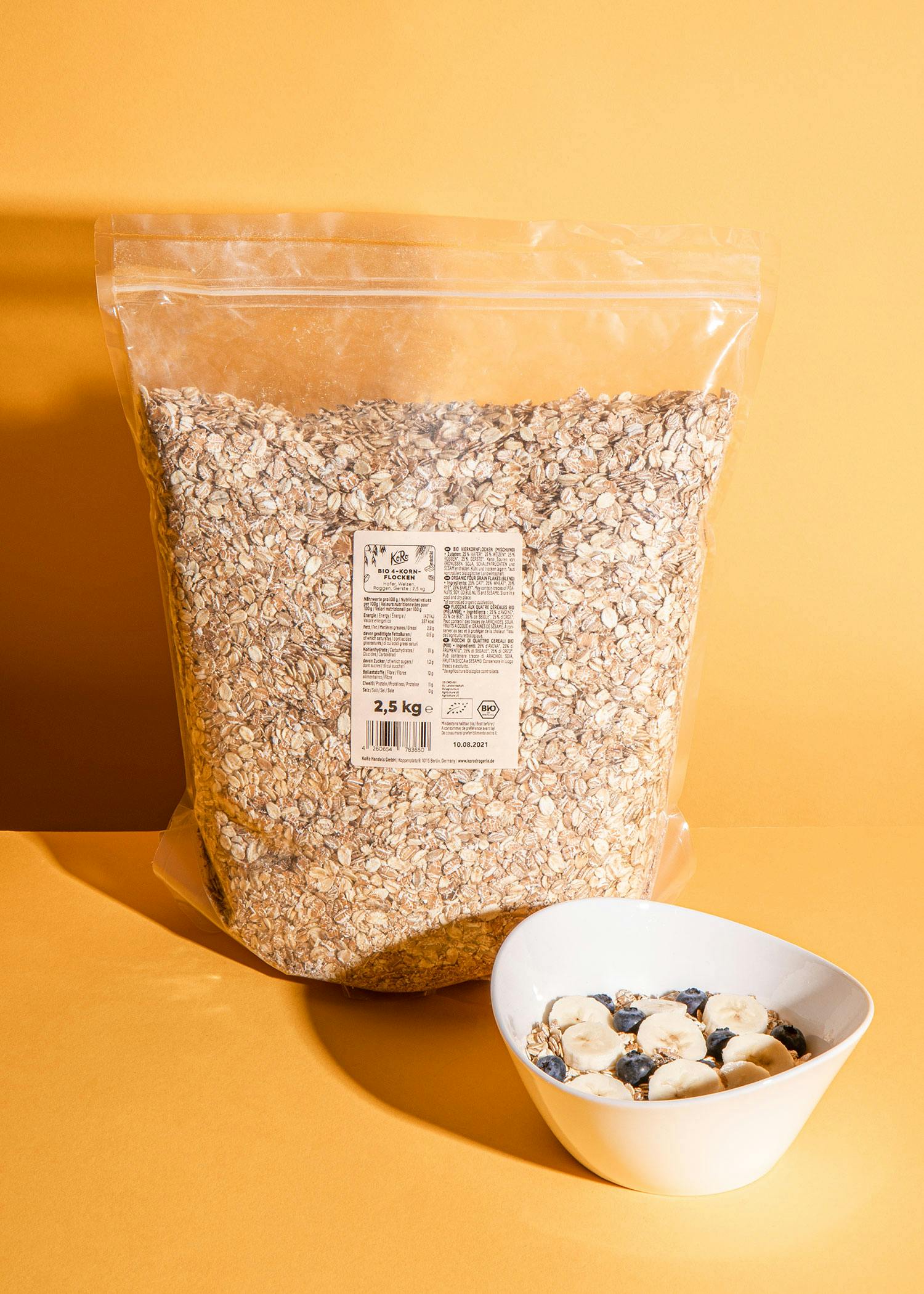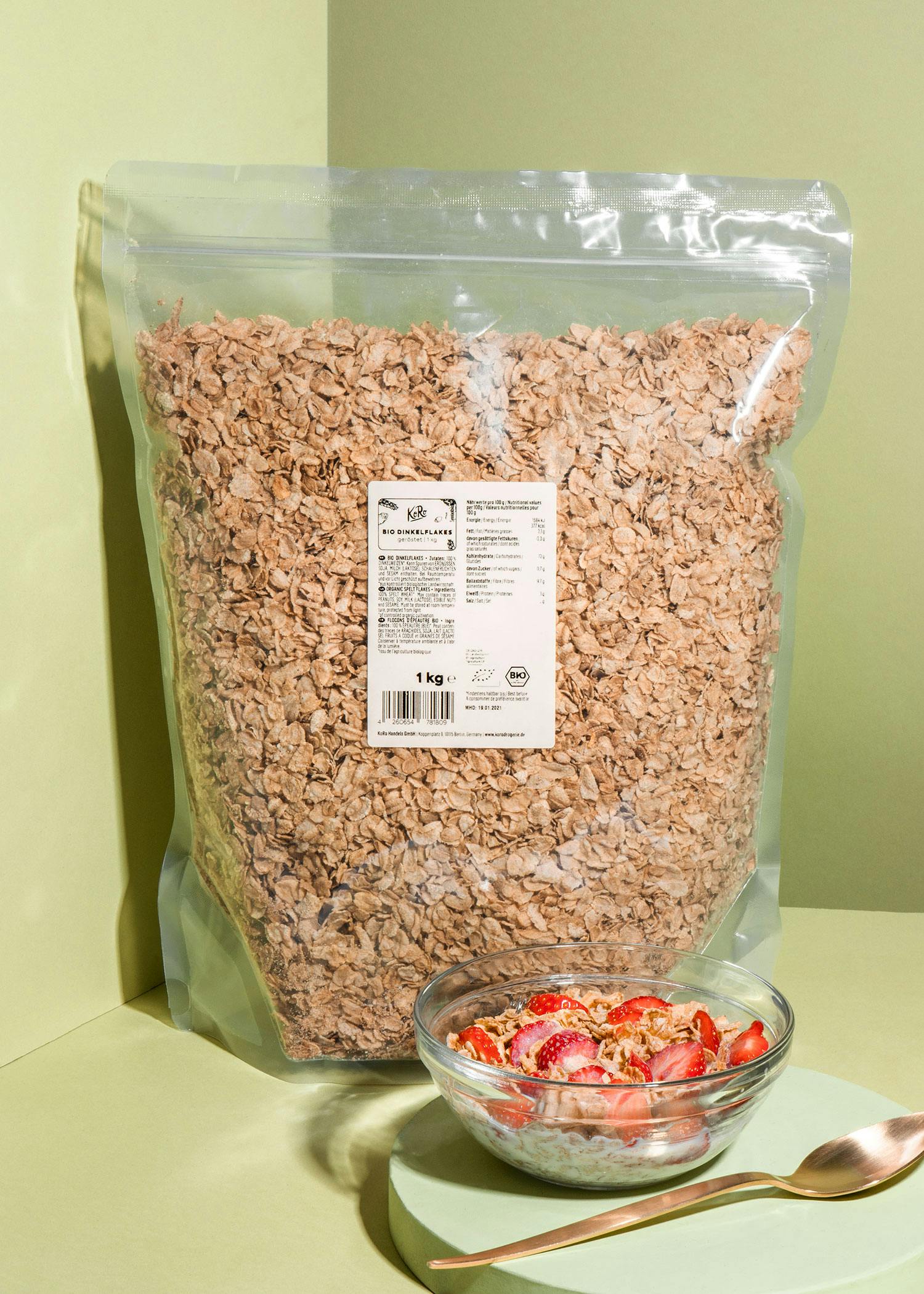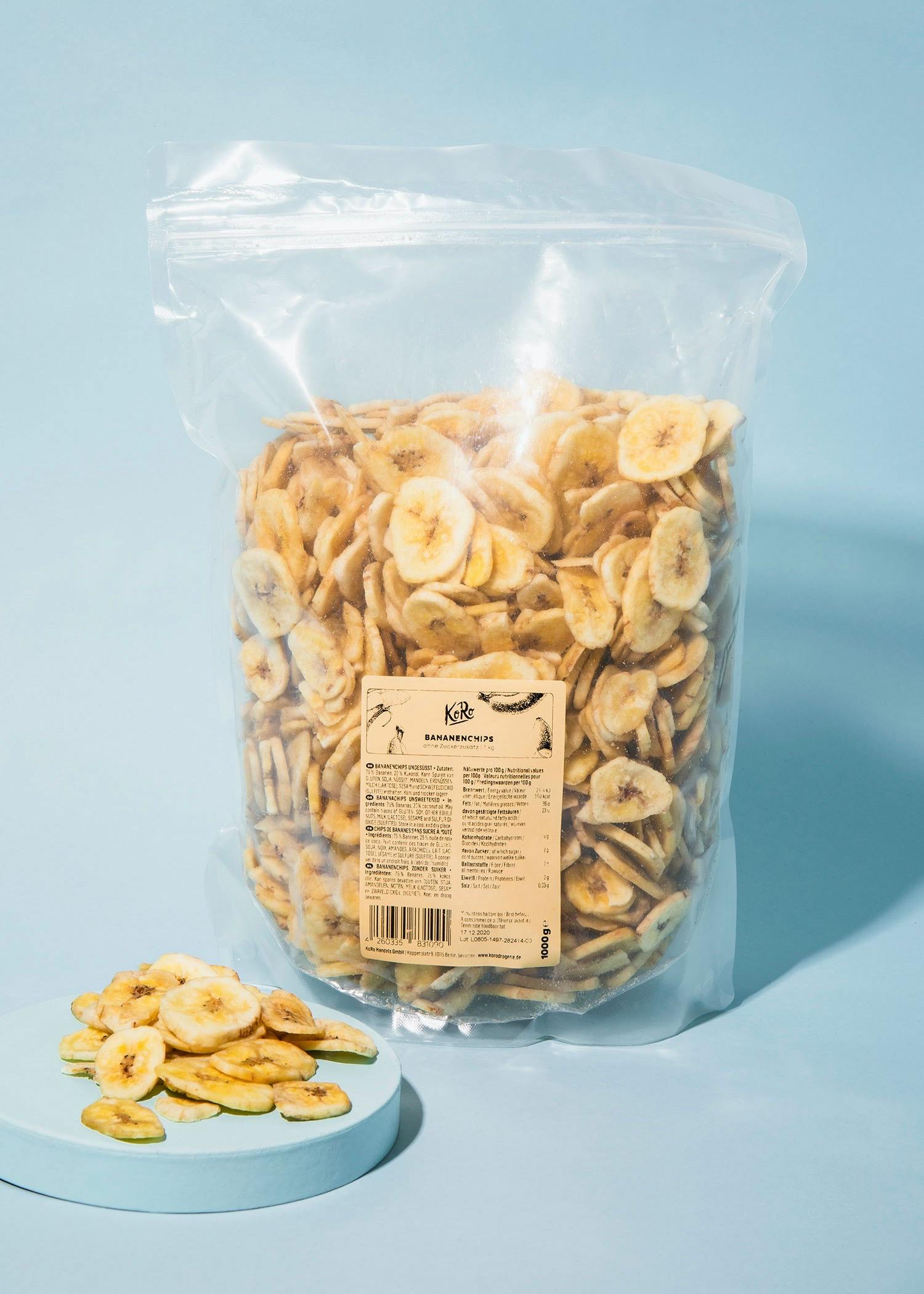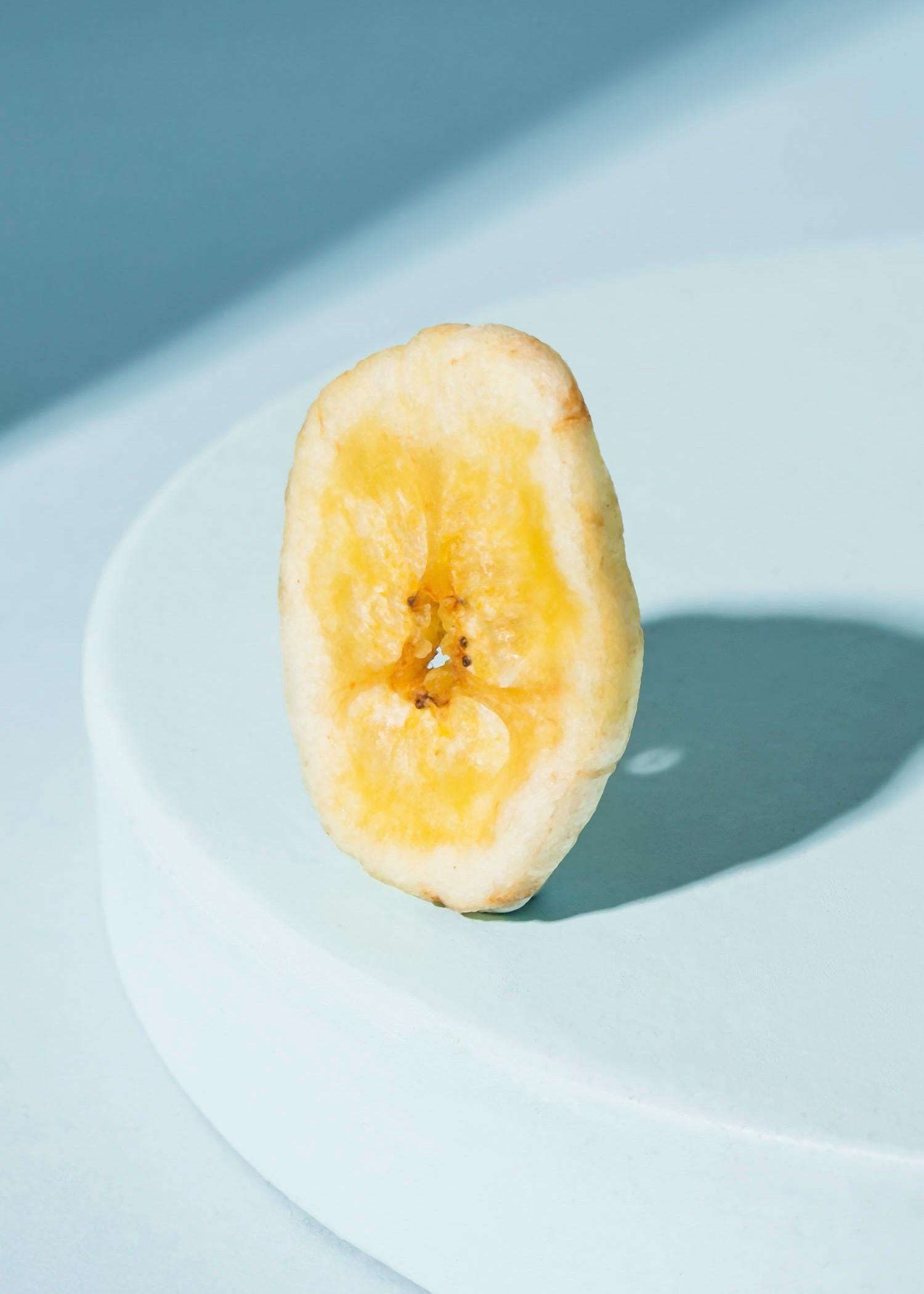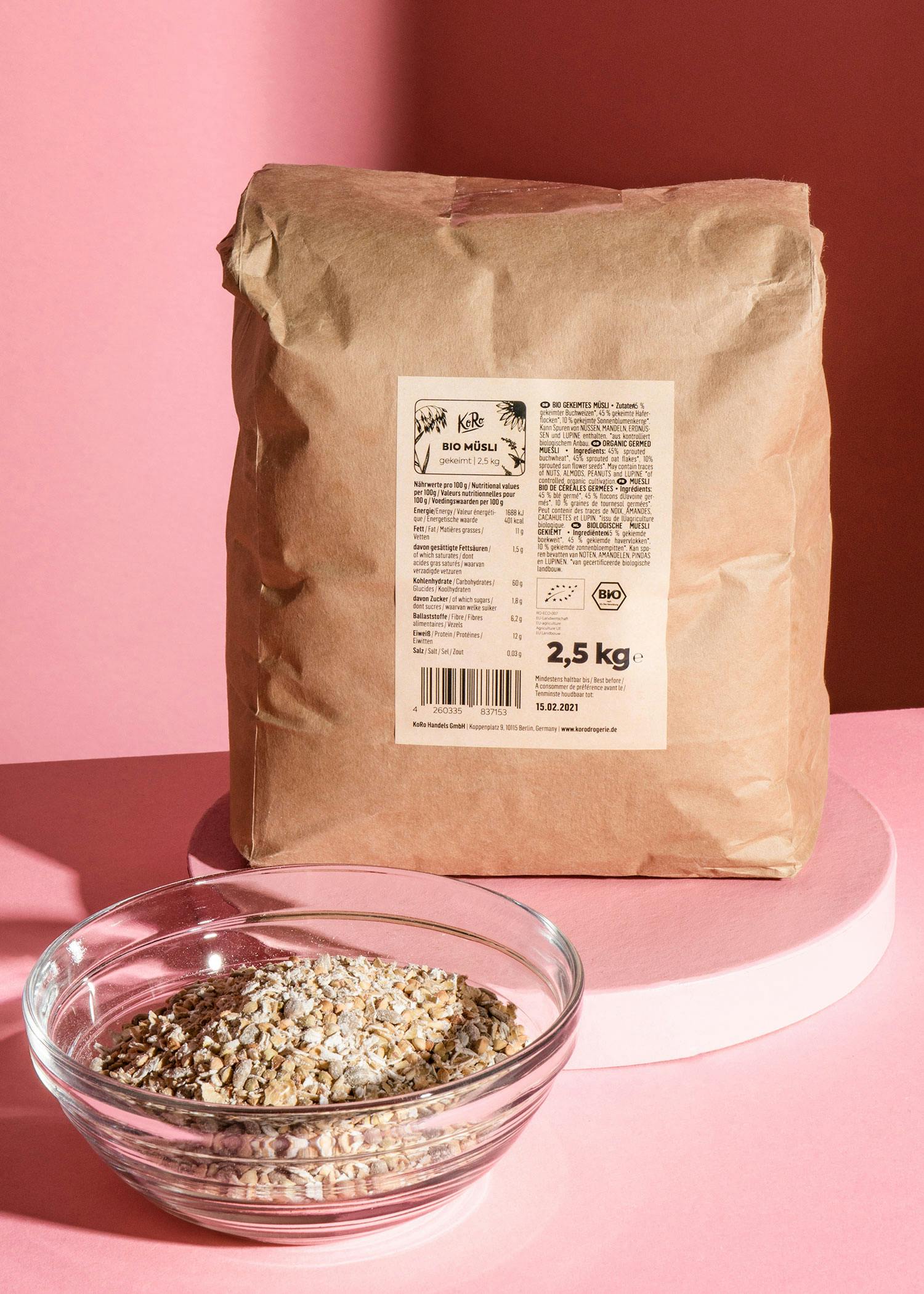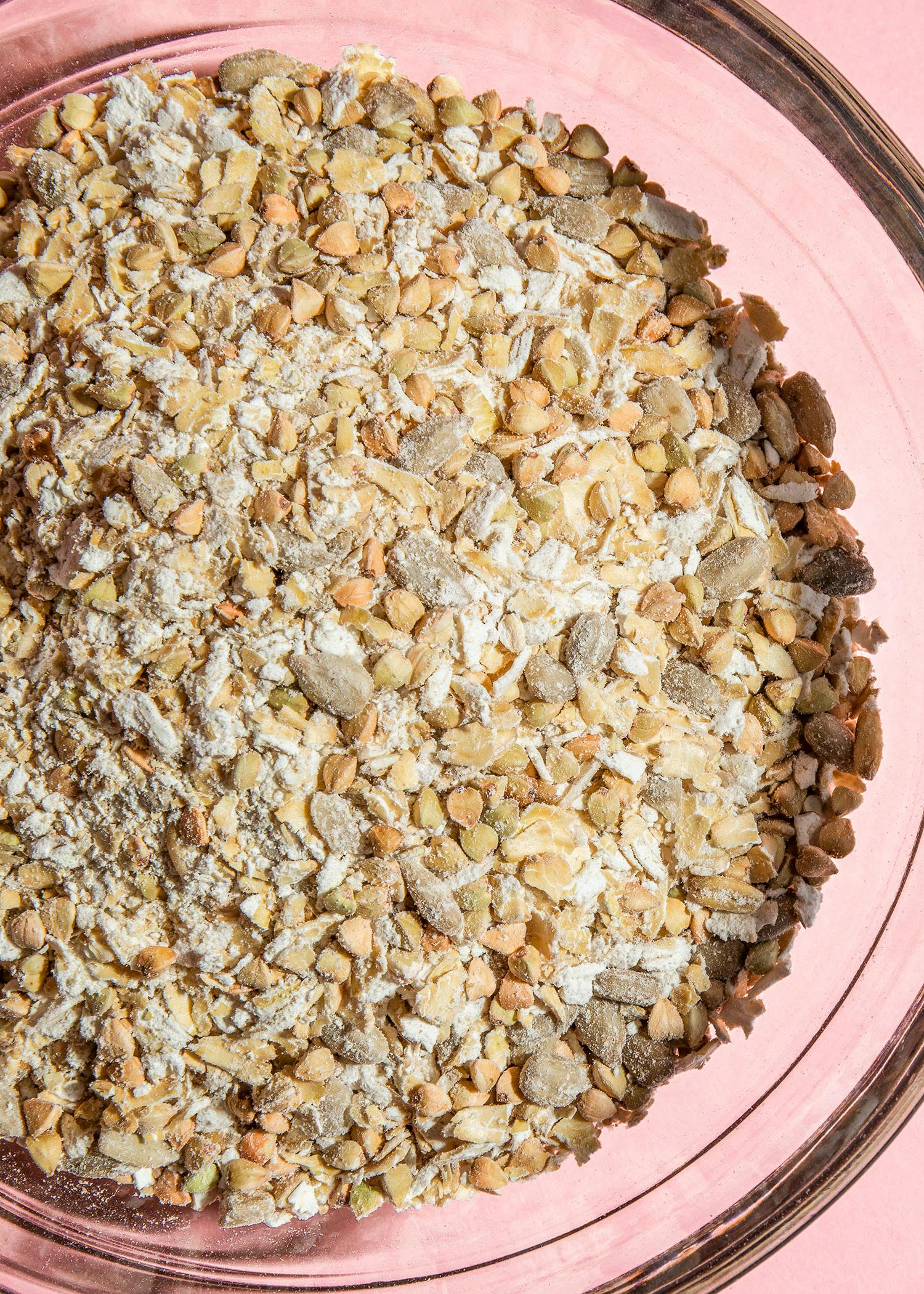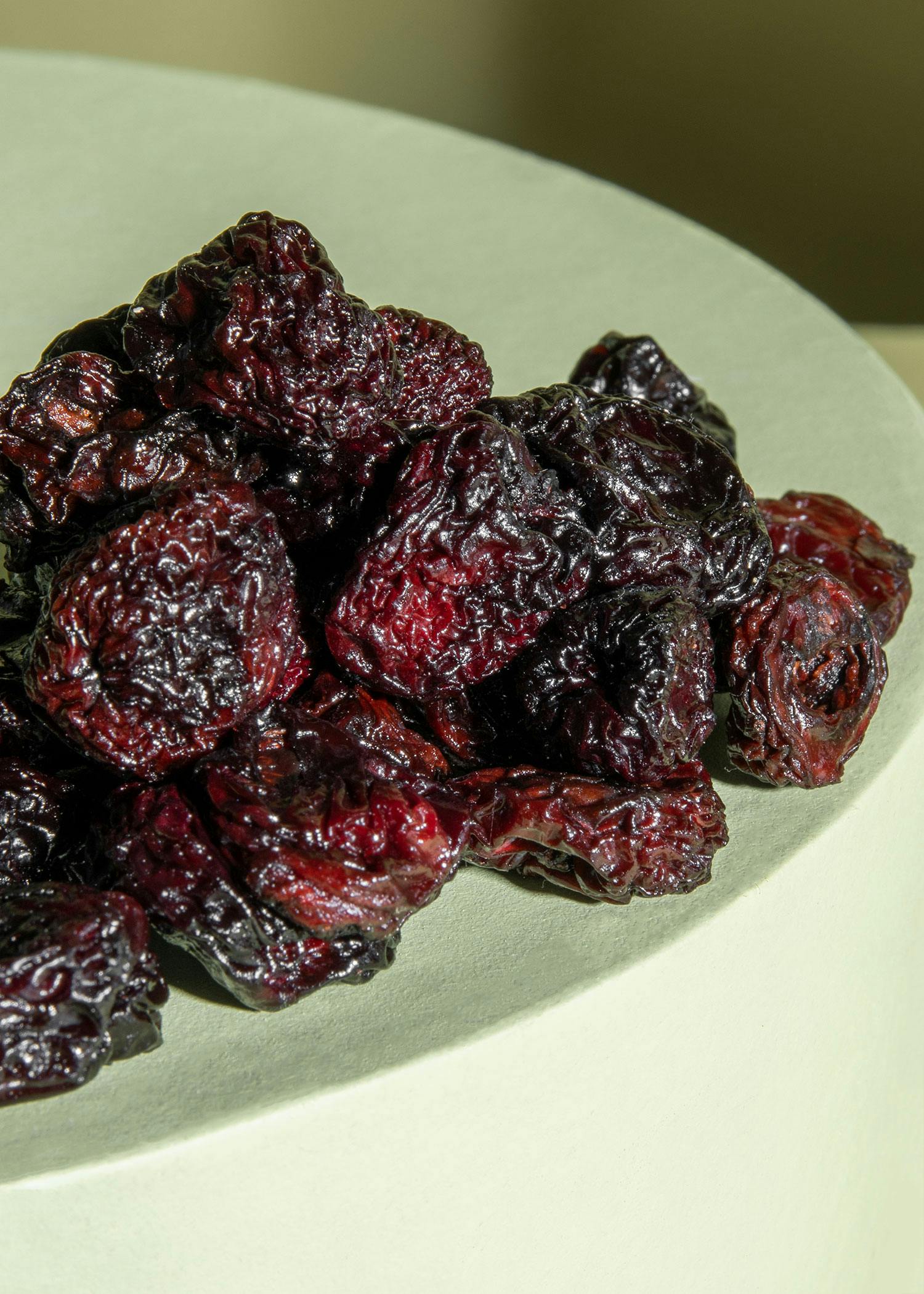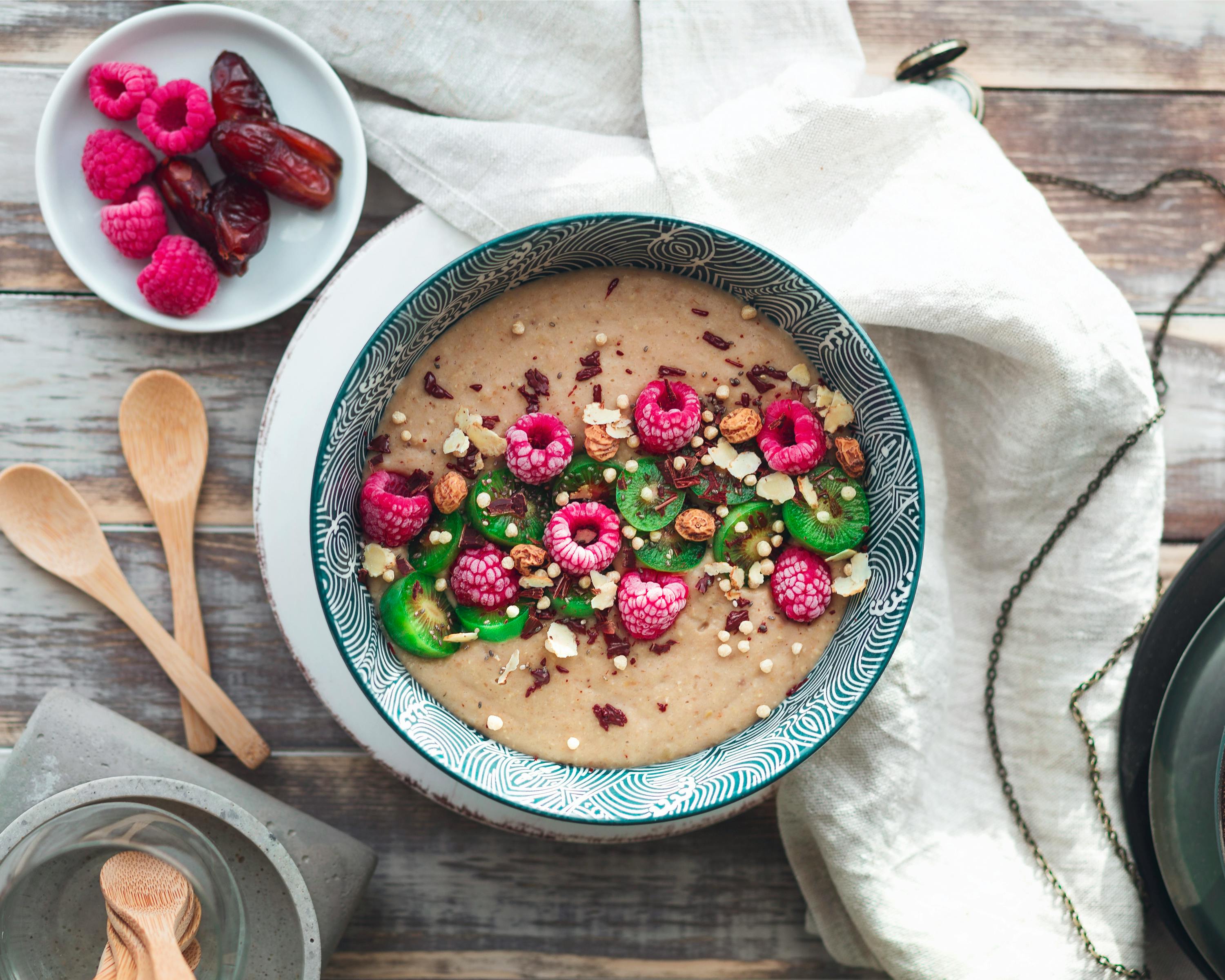
If you want to eat right, you now have to fight your way through a jungle of rules, dogmas and wisdom. Low-carb, paleo, sugar-free, cheese closes the stomach, at least 2 liters of water a day, tea instead of coffee - the list is endless. However, one myth persists: nothing beats a balanced breakfast!
Why have breakfast at all?
Instead of fresh fruit, muesli, a soft-boiled egg and wholemeal bread, breakfast often consists of a coffee to go and something from the bakery, which you eat rather inattentively on the way to work. The advantage is clearly the time saved. But apart from the 20 to 30 minutes you might save, there are few good reasons not to have a good breakfast.
Why should you have breakfast?
Basically, more attention should be paid to breakfast. The body recovers during sleep, but continues to work hard and burn energy. This can be compared to a television that is on stand-by all the time - it consumes less energy, but the consumption adds up after a certain time. After around 6 to 9 hours of sleep, most of the energy resources from the previous day are used up and your body needs new energy. So if you replenish your stores first thing in the morning, your body can immediately start using this energy again. You are automatically fitter, more focused and more active. If you don't eat breakfast or it is too small, your body has to burn energy that it doesn't have. This not only slows down your metabolism, but is also not good for your muscles in the long term.
Does this mean that breakfast is really the most important thing?
No! The only thing that is certain is that breakfast should be eaten. There is no connection whatsoever between the amount of food you eat and how it relates to other meals. The assertion that breakfast is the most important meal is often based on the above arguments, but this is far too short-sighted. The mere fact that you should eat breakfast does not necessarily mean that breakfast is the most important meal of the day. In this respect, this theory is a myth.
Do's & don'ts at breakfast
Not the most important meal, but important nonetheless. There are a few tips you should follow to ensure that your breakfast provides you with the best possible nutrition.
Rich, but not TOO rich
Bacon, eggs, cheese and bread or even potatoes - the classic farmer's breakfast. This breakfast is often said to be good for people who have to do heavy physical work. However, this is not entirely true. The high fat content combined with the carbohydrates in the morning will initially make you feel sluggish and tired. The reason for this is that your body cannot process both at the same time and that your digestion has to work hard, especially with too much saturated fat.
Eat carbohydrates!
That's why you should eat less fat and more carbohydrates in the morning, because carbohydrates give your brain energy. But here too, it is advisable to eat foods that cause your blood sugar levels to rise slowly, such as wholegrain products, oatmeal or muesli.
Sweet or savory?
If you are one of those people who can only eat sweet foods in the morning, then spreads such as honey, jam or nut butters are ideal. Dried fruit in muesli, such as raisins, sweet cherries, banana chips, raspberries or coconut chips, also provide a good start to the day. If you prefer something savory, you can try traditional Scottish porridge, for example, which is lightly salted. But sausage, cheese and eggs in moderation are also absolutely fine. A good breakfast is rounded off with fruit and a cup of coffee or tea, for example.
How do you manage to have breakfast?
The coffee to go problem is well known - so how do you manage to have a balanced breakfast? If you're short of time in the morning, you can prepare your muesli the evening before and put it in the fridge overnight. This works particularly well with overnight oats. If you don't really have an appetite in the morning, you can simply take your breakfast with you to university or work and eat it there in peace. If eating breakfast alone is too boring for you, try to create a pleasant atmosphere. For example, you can think about some rituals, such as listening to the radio or setting the table, or get some nice, attractive breakfast crockery.
It is also a good idea to take a muesli bar, nuts or mixed nuts and fruit with you for small morning lows. This will give you energy and put you in a good mood!
